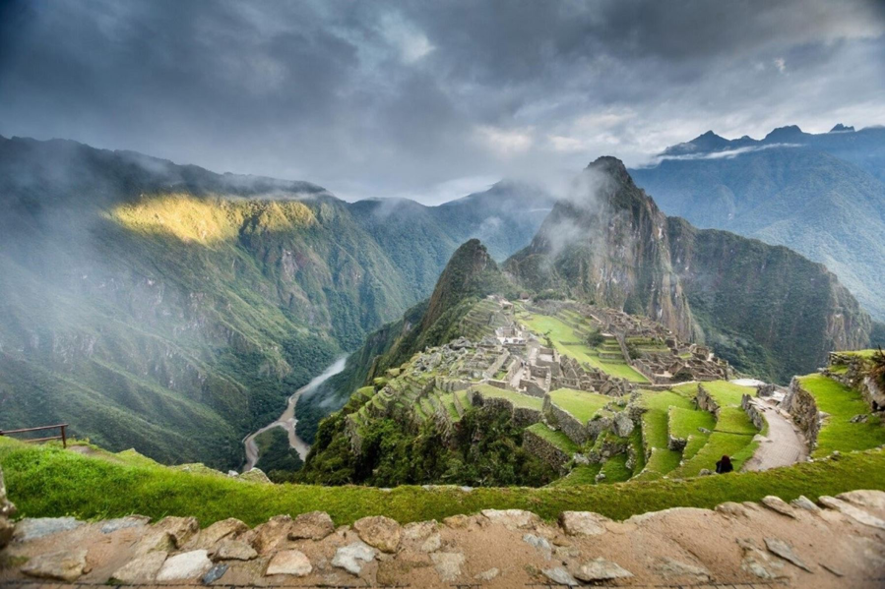
Peru and —more specifically— Cusco celebrated on July 7 the 14th anniversary of the day the Inca citadel of Machupicchu was named one of the New 7 Wonders of the World.
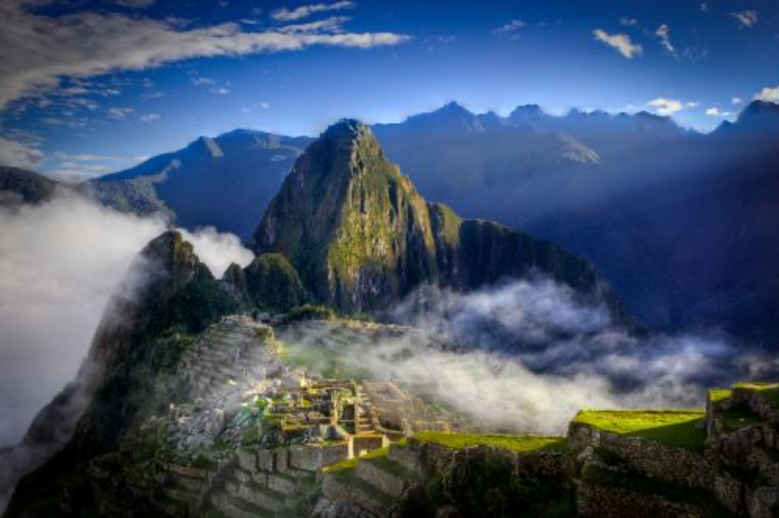
This commemoration is of particular relevance within the framework of the recovery of tourism in Cusco region and the resumption of visits to Peru’s biggest tourist attraction.
As is known, more than 100 million votes were cast worldwide by that time.
The Official New 7 Wonders of the World were announced in random order at the Official Declaration Ceremony in Lisbon (Portugal).
The Inca Empire’s most representative construction was crowned on July 7, 2007, along with the Great Wall (China), the Taj Mahal (India), Petra City (Jordan), the Colosseum (Italy), Christ the Redeemer (Brazil), and the Chichen Itza archaeological site (Mexico).
On that day, shouts of joy echoed all over Peru, mainly in Cusco, where a cosmopolitan party took place.
In Cusco, where the ancient city is located, pride and joy overtook not only locals but also inland and foreign visitors.
They gathered at Cusco’s main square and in every open area to celebrate the good news.
Machupicchu
The Inca citadel’s charm always enchants not only Peruvians but also foreign visitors and is well deserving of its accolade as one of the New Seven Wonders of the World.
Exploring this impressive stone city of spectacular architecture constitutes a unique life experience.
Historic Sanctuary
Its designation as a historic sanctuary was made official on January 8, 1981, through a supreme decree. On January 8, 2021, the Historic Sanctuary of Machupicchu celebrated its 40th anniversary of creation.
The sanctuary is located in Machupicchu district of Urubamba Province and covers an area of 32,592 ha.
This natural protected area is known globally as the home of impressive archaeological Inca sites as well as historically and culturally significant monuments.
World Heritage Site With the passage of time and greater awareness of its importance as an Inca religious, ceremonial, astronomical, and agricultural center, Machupicchu was inscribed on the UNESCO list of World Heritage Sites on December 9, 1983.

Hiram Bingham
Machupicchu remained hidden for several years since its construction in the 15th-century. It was first revealed to the world by U.S. explorer Hiram Bingham and, since then, has been carefully restored and preserved for future generations.
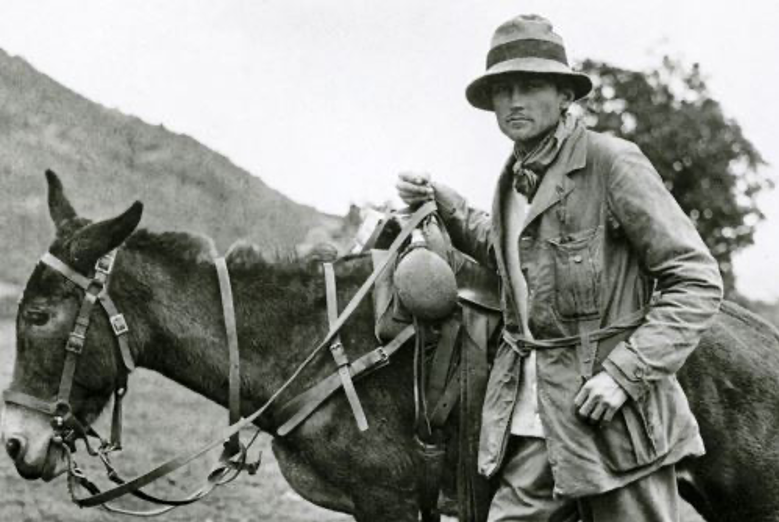
On July 24, 110 years will have passed since the arrival of Bingham in this impressive stone city nestled atop a mountain ridge in the jungle of Cusco.
Although the first direct references to the discovery of Machupicchu date back to 1902, when a group of locals visited the Inca structure vestiges, it was Bingham who —sponsored by Yale University and the National Geographic Society— initiated the scientific study of the last capital of the Incas in 1911 and made it known to the outside world.
Impressive biodiversity
Moreover, the National Sanctuary of Machupicchu has an impressive Andean and Amazonian biodiversity. It is home to 384 species of trees, 468 of orchids, 279 of ferns, 443 of birds, 84 of mammals, 22 of reptiles, and 17 of amphibians.
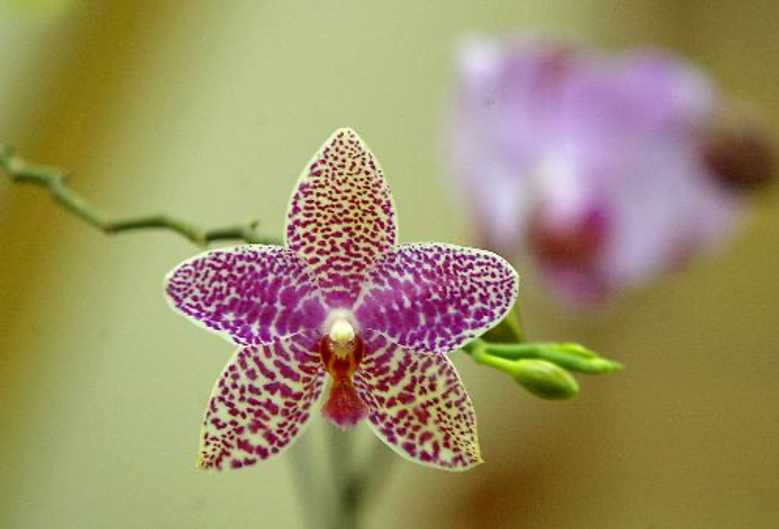
Visitor capacity
Visits to the Inca citadel are increasing as part of the efforts to revive the tourism sector and after it received the Safe Travels stamp that recognizes it as a safe destination amid the COVID-19 pandemic.
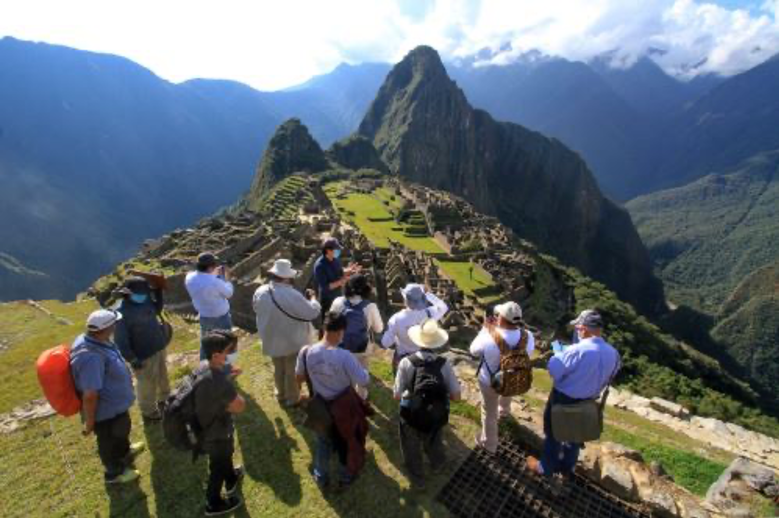
World Travel Awards
The ancient citadel is competing to be South America’s Leading Tourist Attraction, an award it has obtained for the last three years in a row (2018, 2019, and 2020) in the regional edition of the World Travel Awards. People will be able to vote in support of its nomination until July 26.